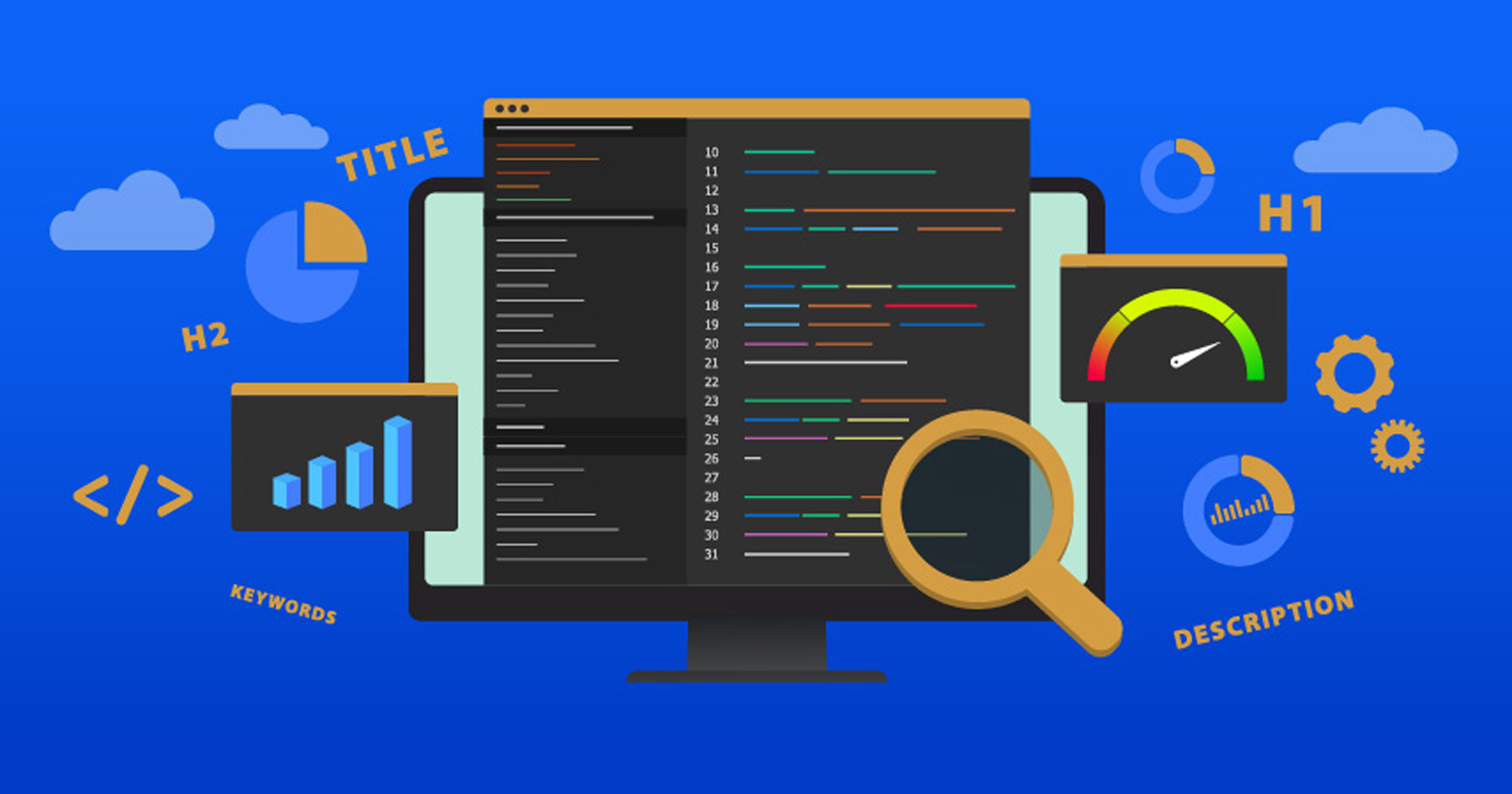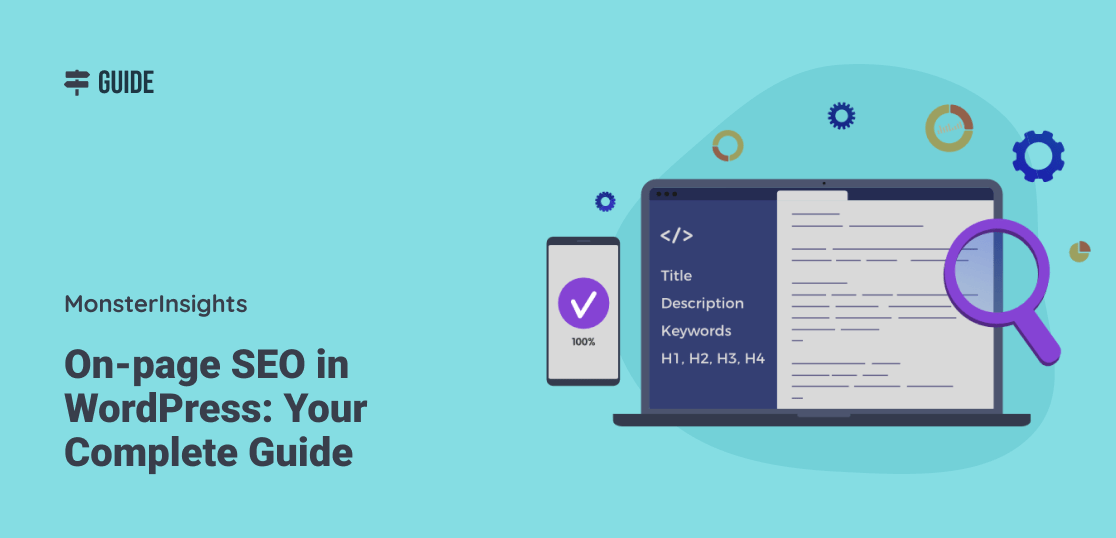Why Is On-Page SEO Important?
by Admin
Posted on 13-06-2023 08:59 PM

On-page seo is important because it helps search engines understand your website and its content so it’s easier to match the page to relevant search queries. The importance of on-site optimization is to achieve higher rankings and search engine visibility for your site. When a search engine like google crawls your website, it takes into account various factors of each web page and adds them together to develop a ranking score for specific keywords. By optimizing your on-page seo, you can generate more organic traffic which leads to more customers, conversions, and revenue.
 On-page seo is also important for creating a better user experience and engagement for your visitors, which can increase your site’s credibility and trustworthiness.
On-page seo is also important for creating a better user experience and engagement for your visitors, which can increase your site’s credibility and trustworthiness.
One of the most important on-page seo activities involves improving site load time. Users expect your site to load in three seconds or less. If your site loads too slowly, your audience will bounce back to the search results and visit another site instead. When people bounce from your site, it tells search engines that your site is not relevant to the search results. Search engines then won’t rank your site as highly. To prevent this from happening, you can use a tool like google pagespeed insights to help you see your site’s current load time and improve it.
It’s true that offpage factors such as links are massively important, but onpage elements make an essential contribution to your site’s search visibility. (indeed there are even some who claim that onpage is becoming more important rather than less). If you like you can think about onpage seo as the firm foundation on which you build your dream rankings on. Or, rather more prosaically, you can note that the top seo experts still reckon onpage factors account for about 40% of the google algorithm. Ignore onpage at your peril. Source: moz.
How to Optimize Your Content for On-Page SEO ( Examples)
On-page seo means making sure your website is optimized for search engines. You should make sure that your content is written properly and that it is easy to read. Also, you should use keywords throughout your site. On-page seo is a constant process. It takes time to learn about seo , but you must always stay ahead of the curve. You need to understand how google works, and how you can use that information to improve your website.
 Here are some of the most important things to consider when optimizing your site.
Here are some of the most important things to consider when optimizing your site.
Meta descriptions are not available on your web page but appear in the organic search results under the title of your website. Your meta definition should be around 300 characters, with a maximum absolute of 320. Google will also select its meta definition from the visible content on your page which best aligns with the searcher‘s purpose. It undoubtedly has the greatest impact on an ecommerce seo strategy, as meta descriptions and product reviews on-page play an important role in the seo value of the overall website. An optimized alt image tag should include the keyword and should be below 15 characters.
On-page seo (also commonly referred to as on-site seo) is the practice that you can use to optimize your web pages to rank higher in search engines. Think of strategies like adding your keywords in headlines, urls, content, images, internal linking, and so on.
On-page seo is a set of seo strategies and tactics that you use to optimize your website pages and posts to get them ranking in search engines and bring in more relevant traffic. Monsterinsights is the best wordpress analytics plugin. Get it for free!.
The advanced seo tester online is an ideal all-in-one platform to get organic traffic. The seo tester online comes with several seo tools: position tracking, seo audit, reporting, competitor analysis, keyword research, content marketing, and lead generation. The tool can help follow technical seo, analyze on-page seo, and simplify seo workflow. It is to optimize the website in any way possible and reach top ranks containing sem and seo features.
Schema markup or structured data is a coding language that “tells” google more about the different types of data on your site. And the better google understands your page, the more accurately it can rank your content. Google also uses these pieces of code to create rich results (or “rich snippets”). For example, “recipe” schema helps king arthur baking earn a valuable spot on the serp. And gives users more information about the page’s content—ratings, time to make, and ingredients. Google supports 32 types of schema. Including article, event, faq, how-to, local business, and product schema. This is one of the more advanced tasks on this on-page seo checklist.